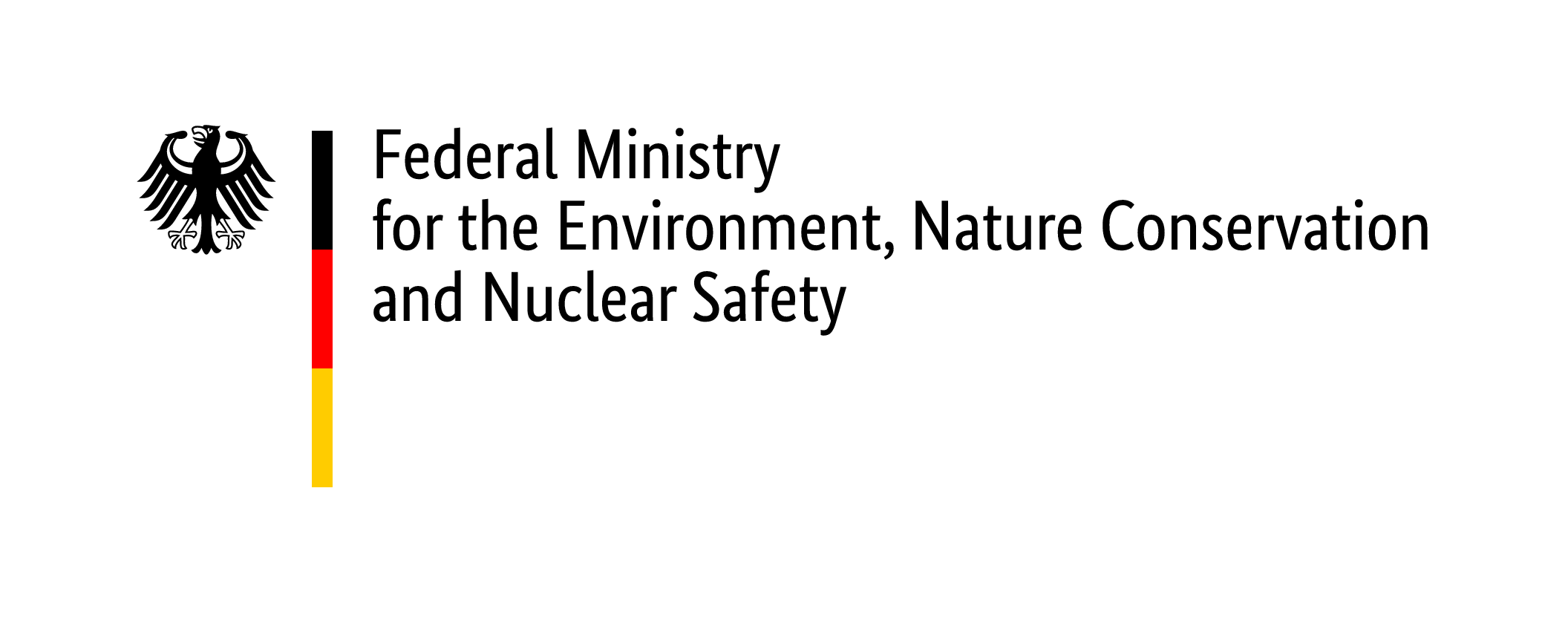Nominations
By November 2020, the nomination process had resulted in 55 nominated policies from 36 countries

Currently, there are over 350,000 chemicals and mixtures of chemicals registered for commercial production and use worldwide, up to three times as many as is commonly estimated (Environ. Sci. Technol. 2020, DOI: 10.1021/acs.est.9b06379). More than hundreds of new chemicals enter the market every year. Far too few have been properly tested for safety. Particularly problematic are chemicals that end up in our environment, in water bodies, soil or air, in the food chain or in drinking water, or that accumulate in our bodies or other organisms. Hazardous chemicals, including polychlorinated biphenyls (PCBs), phthalates, heavy metals such as lead, pesticides, and environmentally persistent pharmaceutical pollutants, can cause irreversible harm to the health of humans, fauna, flora and ecosystems.
There are enormous costs associated with the unsound management of chemicals and waste. The World Health Organization estimated the burden of disease from exposure to selected chemicals at 1.6 million lives in 2016. The presence of hazardous substances in the environment is the cause of global chemical pollution. Many types of pollution are increasing. There is growing concern about the long-term health effects of exposure to harmful chemicals and waste, which include various forms of cancer, reproductive disorders, learning disabilities, and other adverse health impacts.
Especially children are disproportionately affected. Today, the majority of babies are born pre-polluted, with myriad harmful chemicals in their bodies, which impact their health. As a result, a silent pandemic of disability and disease is spreading in association with exposure to toxins and pollution during childhood.
We face a dramatic number of deaths and illnesses from hazardous chemicals as well as air, water and soil pollution and contamination. This is impacting present and future generations as well as our environment. It is therefore absolutely critical that we strengthen the sound management of chemicals and waste – through inclusive, effective, inspiring and innovative laws and policies. More ambitious worldwide action by all stakeholders is urgently required. This is why in 2021, the Future Policy Award is dedicated to the most effective policy solutions that minimise the adverse effects of exposure to chemicals on human health, with a focus on children’s health, and the environment.The Award will highlight that solutions do exist; solutions that are ambitious and impactful.
The Future Policy Award showcases legislation and policies that create better living conditions for current and future generations. The aim of the award is to raise global awareness for these exemplary laws and policies, and speed up policy action towards a healthy planet and just, sustainable and peaceful societies. The Future Policy Award is the first and only award that celebrates policies for the benefit of present and future generations on an international level. Each year, the World Future Council focuses on one topic on which policy progress is particularly urgent and awards laws, policies and legal frameworks that are inspiring, innovative and effective.
The Future Policy Award 2021 is organised by the World Future Council in partnership with the United Nation Environment Programme (UNEP), the Strategic Approach to International Chemicals Management (SAICM), the International Labour Organization (ILO), the Organisation for Economic Co-operation and Development (OECD), the United Nations Institute for Training and Research (UNITAR) and the United Nations Development Programme (UNDP).
This project is financially supported by the German Federal Ministry for the Environment, Nature Conservation and Nuclear Safety (BMU) and the German Environment Agency (UBA):


The publisher is responsible for the content of this publication.
With the support of the Michael Otto Foundation and the Jua Foundation.

Samia Kassid
Senior Programme Manager – Rights of Children and Youth